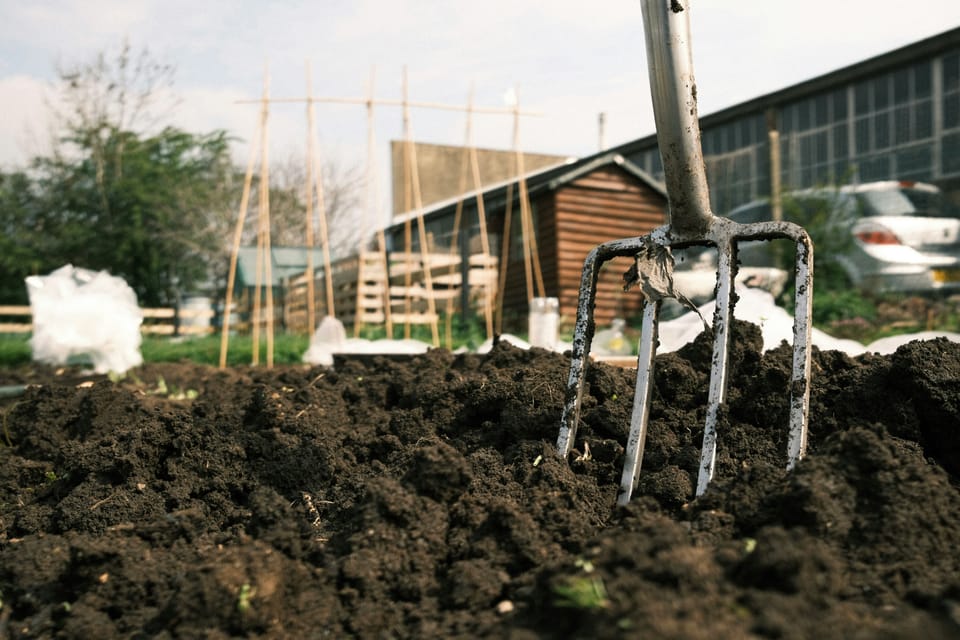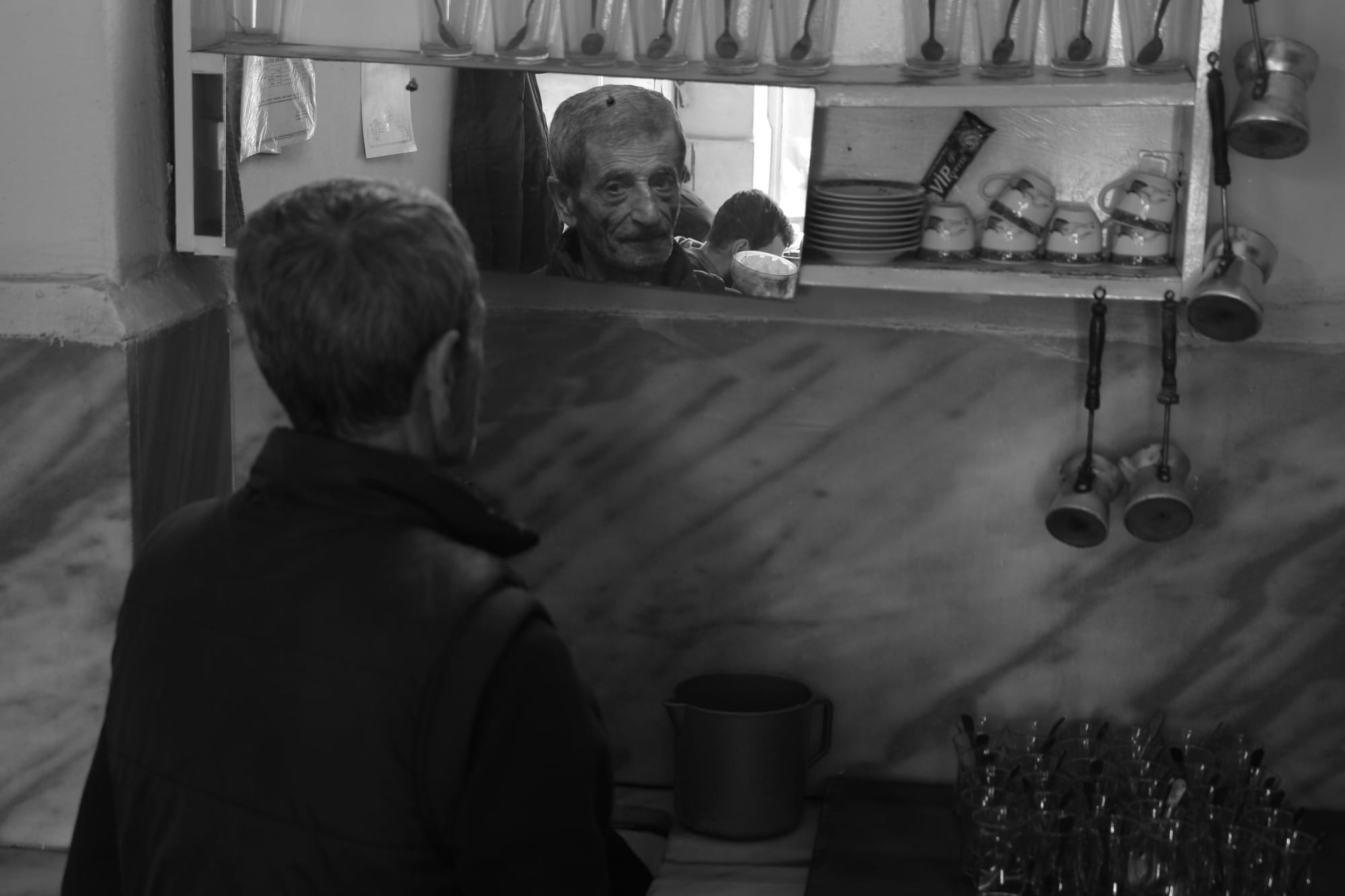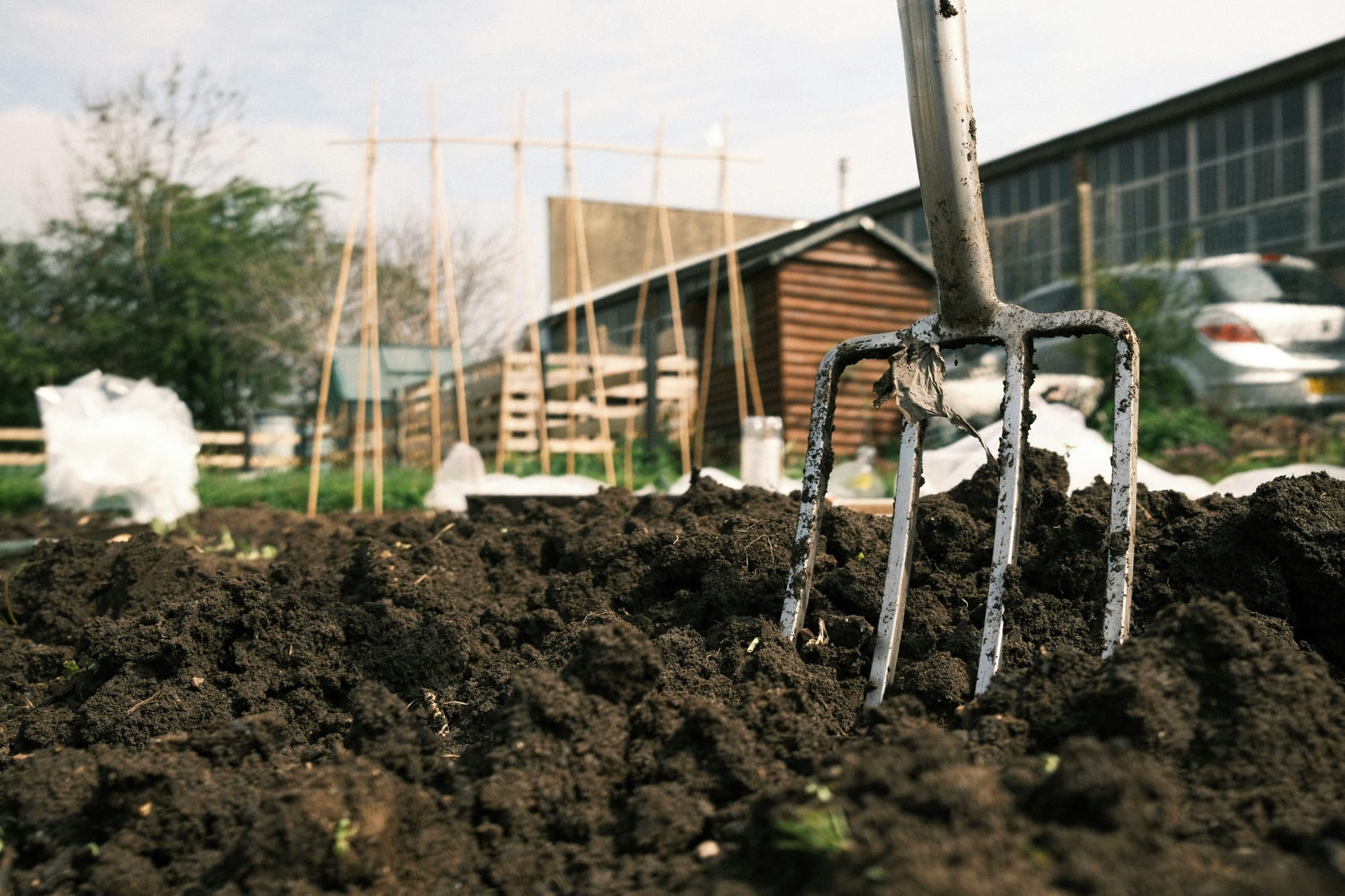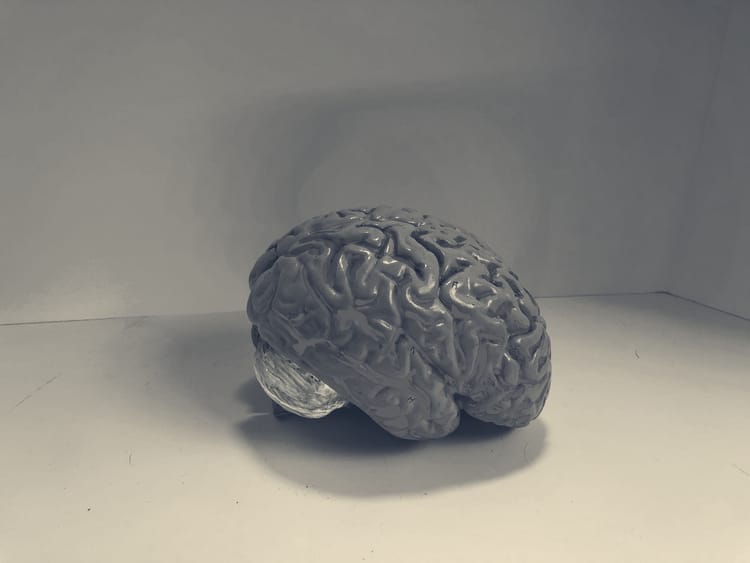The Prongs - Create Growth Stability

Everyone wants to improve to some degree, in some way or another, people want to become better versions of themselves. Whether it be fitness, happiness, wealth, love, etc.
To know that I’m right, all you need to do is look inside gyms on January 1st.
The question is, why aren't the gyms just as full all year round? The answer being, people struggle to commit to things, especially the things that come with some level of difficulty.
I think I could be here all day writing about why people fail to embrace or endure difficult things and continue to improve themselves for any lengthy period of time, but I’d like to focus on one that may just be one of the most integral.
It’s something I have been calling “The Prongs” which came from my analogy of a pitchfork.
Essentially, it’s the idea of you and your self-improvement journey’s stability being akin-to a pitchfork that has been pierced into the ground.
One prong, which would basically be a spear, wouldn't be very stable, but the more prongs the fork has, the more stable it becomes.
The forks long handle is you, the prongs are the different aspects of your self-improvement.
Having more prongs not only reduces the chances of the pitchfork falling over, but also minimises the risk of instability if one prong breaks.
Self-Identity

You might be wondering how this has anything to do with the January first gym goer that doesn’t last a week. This is when you have to understand the role self-identity plays.
Definition - “the perception or recognition of one's characteristics as a particular individual”
So, It’s how you see yourself, and how you see yourself determines what you do, and what you do determines who you are.
In terms of self-improvement and the prong analogy, it is almost impossible to improve one aspect of your life, if the remaining aspects remain the same.
Going to the gym is difficult, you won’t always want to go, so you will need a strong level of discipline to continue with any degree of success. The problem is, you can’t only be disciplined in one single area.
To be successful at the gym, you need to be a disciplined person, so you need to identify as such. But you’d struggle to believe such a claim if you don’t remain disciplined in all other areas.
You can’t be disciplined at the gym but never wake up when you say you will, or always eat the foods you said you wouldn’t, eventually the lack of discipline you have with these other aspects will simply just leak into the gym, leading to quitting.
You either are something, or you’re not. Conflicting self-identity never lasts.
In order to stick to a positive change, you need more prongs.
The Prongs

Having more prongs stabilises you and your self-identity. The prongs can be different versions of self-improvement.
What does stabilising your self-identity even mean? Well, humans are not perfect, so we’re bound to mess up, so look at it this way.
If someone with one prong (the gym) skips the gym for the day, well then they have made zero progress, increasing the chances of making them feel like a failure and in turn makes them question they’re new found self-identity.
Someone with, for example, five prongs, may skip the gym for a day but can still look back on that day and know although they had a miss-hap with one aspect, they still made progress with the other four, which has a much smaller impact on their identity, if any.
You can imagine which one of these two hypothetical people has the best chance of committing to the journey for any lengthy period (It does not have to be five, but the more the better).
It’s even more important in the case of a more long-term miss-hap, how much worse do you think it could be if let's say the one prong gym goer gets injured and is unable to to go for a while, having other prongs to fall back on and rely on stops them from slipping into old ways and allows them to continue growing in other ways.
Disclaimer: I have been using going to the gym and discipline as an analogy for simplicity and relatability reasons. The activity and attribute can be anything positive.
The prongs could be anything that pushes you forward, it doesn't matter how small, in the example above, you can see how having some easier and lower effort prongs might actually be an advantage, in the case of an off day.
If you’re struggling to think of what the prongs could mean, pick one or more from the following categories - Something that makes you smart, something that makes you wealthy and something that makes you healthy.
Smarter: Reading or listening to books, listening to educational podcasts or learning a language
Wealthy: Starting a side hustle or business, becoming a better employee or investing wisely.
Healthy: Lifting weights, any form of cardio, dieting or doing any form of mindfulness or meditation.
These are just a few examples to help get your ideas flowing.
Notes

The biggest problem with this is that I am essentially suggesting that someone who may struggle with sticking to one difficult activity, goes and picks up another four.
But I'm not suggesting you go from zero to four, I’m suggesting you go from zero to one, from one to two and so on.
It’s important to notice what aspects of your day-to-day life conflict with the positive change you’re trying to inflict. Once identified, it’s probably a good idea to choose a second prong that aims to tackle it.
Habit stacking is something I learned from the book ‘Atomic Habits’ by James Clear, worth a read (If you somehow haven't already).
Habit stacking is basically layering habits, to increase the chances of them sticking.
You can habit stack your prongs, for example directly after reading a book, you go straight into 10 minutes of meditation before going to sleep.
If you’re still sceptical of the prongs, think of an addict, they go to rehab to change a bad behaviour, but once they get back into their old environment, they fall back into old ways.
I see this in a similar way, it’s difficult to make a change if your environment stays the same, in this case, your environment is everything else you do on a day-to-day basis.
Sometimes, everything needs to change for one thing to stick.
Simplified: Self-identity is determined by what you do. If you want to change, everything you do has to change, if you’re not prepared to improve all aspects of your life (changing your self-identity) then you may not be ready to improve at all.
Start small, as small as possible, just progressively overload everything you do until looking back on old standards puts a smile on your face.






Member discussion